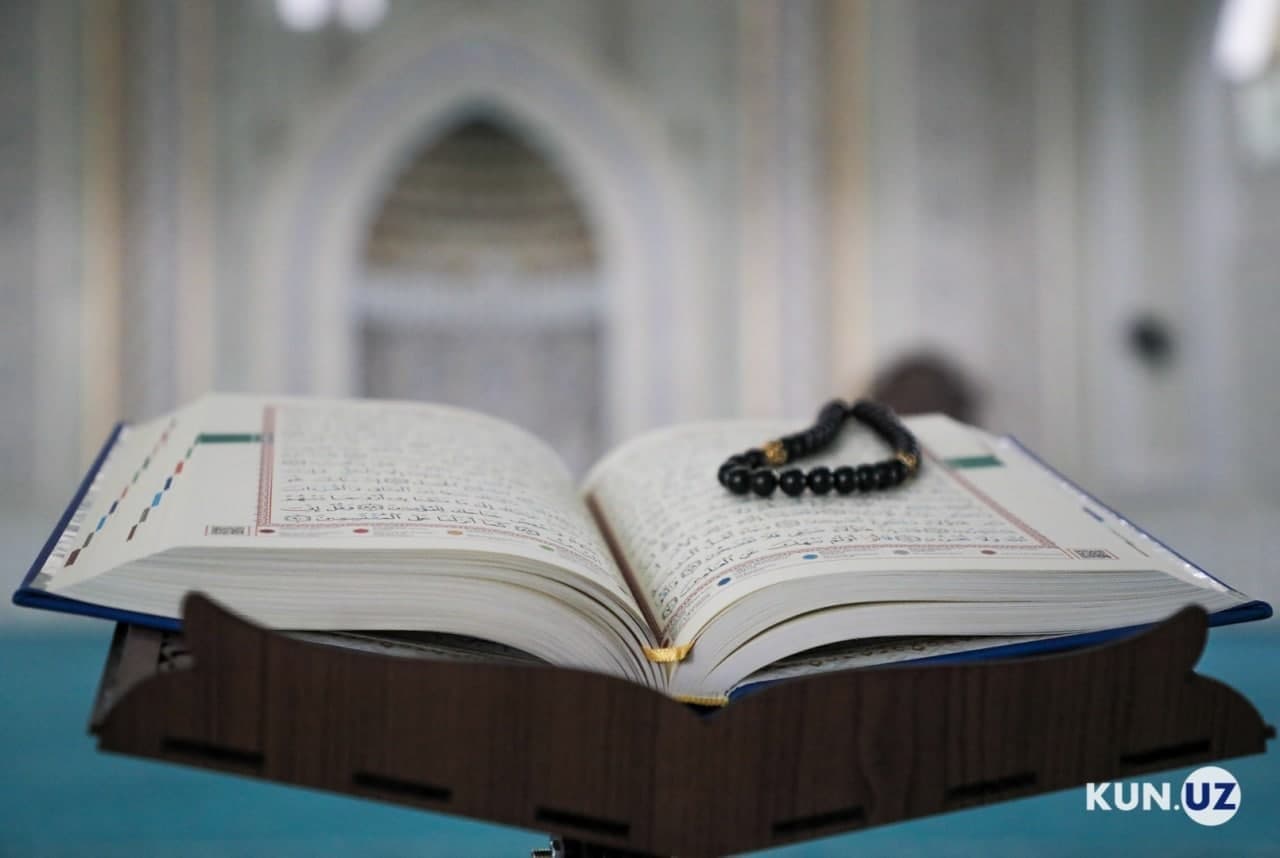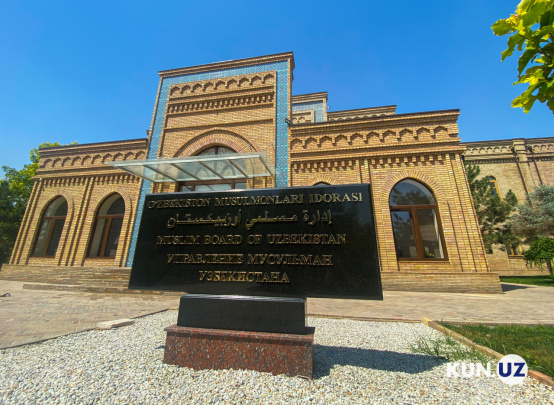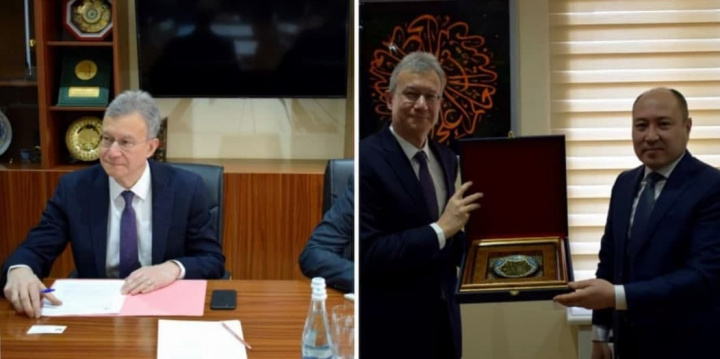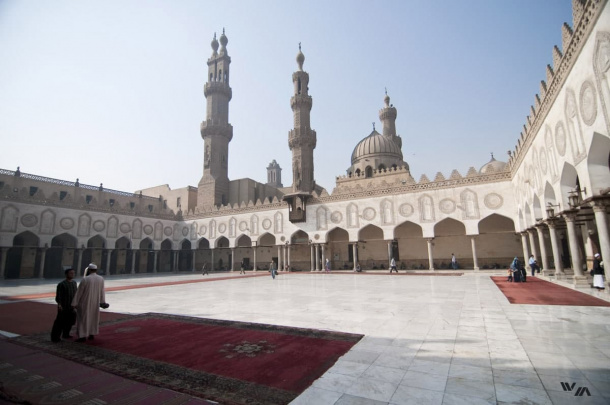Religious Affairs Committee issues an official statement on the discussion of religious education in Uzbekistan
The Committee on Religious Affairs under the Cabinet of Ministers has officially commented on the ongoing discussions on religious education.

According to the Committee, “some fanatical individuals and groups have made unfounded criticisms of Uzbekistan’s unified state policy in the field of religious affairs, misinterpreted the news in its own interests, distorted the situation and exaggerated the situation”.
For reference: In the Uzbek dictionary, the word “fanatic” is defined as “a strict adherent of religion, a blind follower, a conservative”.
According to the Religious Committee, the recent proposals and issues are being put forward solely in the interests of citizens who believe in Islam. However, the fact that more than 94% of the population is Muslim is not a reason to deviate from the requirements of existing legislation and legal norms.
The committee also noted that “various misconceptions and views are emerging in the minds of the people” as a result of the fact that many do not understand the essence of public policy in this direction.
The organization said that the issue of lifting the ban on private religious education and training was a source of controversy. It also noted the need to set a boundary in this regard.
Reportedly, the field of religious education in Uzbekistan is conditionally divided into 3 directions:
- professional religious education in the field of theology;
- religious education in secular educational institutions;
- studying the rules of religious practice that are of interest to the population and considered necessary for daily life, and acquiring knowledge based on religious views on issues related to morality (“domestic” religious education).
According to the Committee on Religious Affairs, all religions in Uzbekistan are treated unanimously, and the term “religious minority” is inherently artificial for the Uzbek language and is not specific to culture, language, or national legislation in general.
It was reported that in order to meet the religious needs of the population in everyday life, the Muslim Board of Uzbekistan has been operating websites and Telegram channels. In addition, there are “Qur’an and Tajweed courses” that do not have the status of a separate legal entity in 17 places across the country.
The committee’s comments on religious education appeared amid an appeal by religious scholar Mubashshir Ahmad and a group of active citizens to President Shavkat Mirziyoyev and the Senate.
In his video address, the Islamic scholar acknowledged the positive developments in the religious sphere in recent years, and called for a review of the ban on private religious education in Uzbekistan and a reduction in the age of education and access to religious education.
It should be recalled that senators adopted a new version of the law “On Freedom of Conscience and Religious Organizations” on June 26. However, the new law also retains restrictions on private religious education. This led to protests by public activists and religious scholars.
International organizations have also stated that restrictions on religious education and censorship of religious material in the law should be lifted, they should be seriously reviewed to ensure full compliance with international human rights standards and commitments.
Related News

09:19 / 12.03.2024
Committee on Religious Affairs calls on fellow citizens not to send messages of dubious religious nature during Ramadan

18:53 / 19.02.2022
Chairman of Committee on Religious Affairs meets with US Ambassador to Uzbekistan

14:27 / 24.06.2021
Citizens of Uzbekistan to be admitted to Al-Azhar institutions only on recommendation of the Committee on Religious Affairs

07:50 / 17.03.2020



